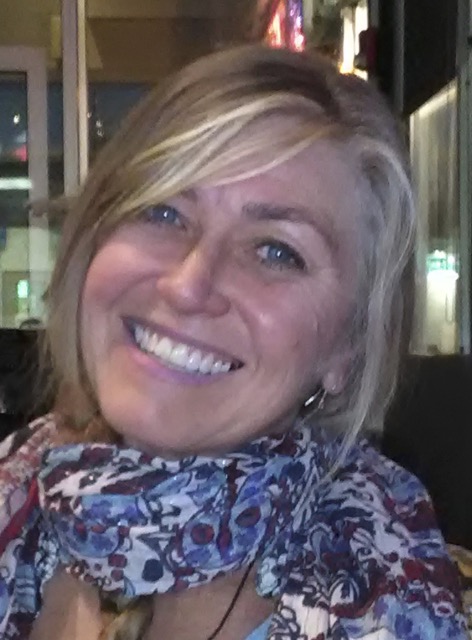
Figuring out what to do after high school was already a challenging proposition for many young adults before Covid-19. Over the years, as my son has grown up, I have witnessed a bit of a lost population of young people who seem to be daunted by the myriad of life choices, the financial gateways to some of these choices, and the added distraction of social media and video games.
These kids might have done fine in high school, but failed to find a direction for after graduation. Some career coaches believe that young people don’t often have enough experience yet to really figure it out. I have seen these very bright kids surrender to working at a fast food job, continuing the cycle of couch potato when they get home, tired and unmotivated to find more interesting work.
One of the best ways we as parents can support our kids in figuring out their futures is to provide the gift of supporting their interests and passions before graduation. To help prevent a “failure to launch” situation, it is a good idea to begin having conversations with your kids at least around 8th grade. Help them to cultivate or recognize a passion or curiosity and support it by offering materials, classes, or experiences. Additionally, it can also be great to connect these young people with mentors in a field they are interested in to help to convey a real-life perspective.
My son took an interest in video production and editing at age 9. He eventually taught himself how to edit. I bought him an inexpensive camera and he began to create humorous short films. As time went on, we found classes in the summer to support this interest and after high school he enrolled in the Colorado Film School.
Since then he has worked in film but has recently chosen another passion as his vocation for now. I believe that his having had the film interest at a young age provided him with a focus to gain progressive real-world experiences. He gained marketable skills and a wonderful confidence in himself.
While searching the Internet for support and advice about this subject, I came upon a neat website called “ZenHabits,” which gives this advice to a stressed out teen:
“So if you can’t figure out the future, what do you do? Focus on what you can do right now that will be good no matter what the future brings. Make stuff. Build stuff. Learn skills. Go on adventures. Make friends. These things will help in any future.”
The pandemic has indeed caused a global limbo that affects everyone differently. Sometimes such a situation presents the perfect opportunity to do something off the beaten path. If you live with a high school graduate or soon-to-be high school graduate who sees the immediate future as too difficult to commit to a traditional 4-year school just yet, perhaps encourage them to do some safe exploration.
The pandemic has created some interesting opportunities in higher education and has also brought some established alternatives into the spotlight during these less certain times. Here are some of them:
- Google has initiated college equivalent “Career Certificates” that can be completed in as little as 6 months and cost a fraction of a university degree. They also have residencies and internships available.
- Since the early 20th century, The Emily Griffith Technical College in Denver has offered GED classes and a growing, progressive and affordable course offering with subjects ranging from Cybersecurity to Professional Baker. A high percentage of graduates find work in their field.
- There are articles and books about ways we can support our kids this way, “The Path to Purpose: How Young People Find Their Calling in Life,” William Damon, director of the Stanford Center on Adolescence has a neat approach.
- The Western Undergraduate Exchange provides close to in-state tuition for out-of-state colleges to member universities https://www.wiche.edu/tuition-savings/wue/
- Some colleges are offering reduced tuition, as much as a 30% savings, and simpler admissions requirements.
- The incoming Biden administration is entertaining forgiveness on student loans up to $10,000 and versions of free community college for up to two years. Biden also adopted a proposal to make public colleges and universities tuition-free for all students whose family incomes are below $125,000.
One way or the other, the mantra for our young adults should be the same as for the rest of us. Take things one day at a time and try not to stress about big decisions that are difficult to make right now. Adopting an approach to “baby steps” assures more of a thoughtful decision process. Offering teens a variety of options while encouraging them to embrace their interests might well help them to make more informed choices for the future.
Jill Carstens is a proud Denver native, a passionate mom and a teacher her entire adult life! She picked North Denver as her home base in 1997, and has run Milestones Preschool here since 2011. If you have ideas for an article or further questions for Miss Jill, you can email her at jillcarstens2605@gmail.com

Be the first to comment